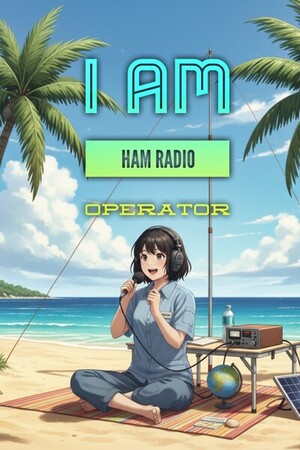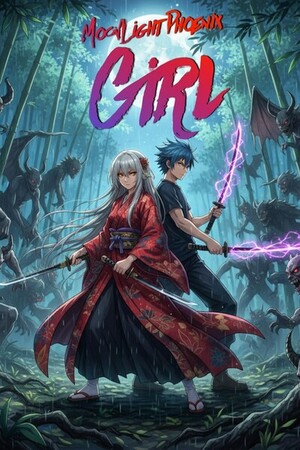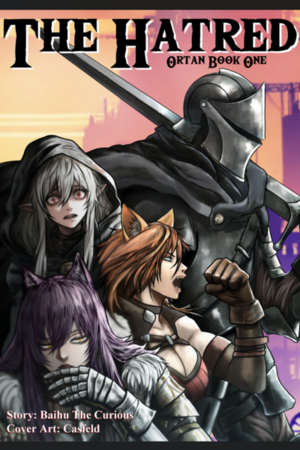Chapter 21:
Chapter 21: The Contest Circuit
I am Ham Radio Operator
My first year of engineering school is a blur of complex equations, late-night study sessions, and the constant, comforting hiss of my radio. The little stealth wire I string up outside my dorm window becomes my lifeline, not just to my friends back home, but to the entire world. College is a new kind of challenge, but the principles are the same ones I learned in Gregory's garage: be patient, listen more than you talk, and when you get stuck, ask for help. My dorm room, small as it is, transforms into a fully functional, if compact, radio shack. My desk is a landscape of textbooks, circuit diagrams, and my trusty Kenwood transceiver. It is my own little bubble of order in the chaos of university life.
Our team, though geographically scattered, is more connected than ever. We establish a new identity for our contest operations, applying for a special, shorter callsign we can all use: W1Z. "Whiskey One Zulu." It sounds sharp, professional. It feels like us. Azhar, now working as an environmental engineer, sets up a station at his new apartment. Doretha and Samuel, at the local university, practically live in Gregory’s shack on the weekends, turning it into the official W1Z headquarters. And I become the team's primary remote operator.
The contest circuit becomes our new obsession. It is a constant, year-long calendar of radio sport, each weekend offering a different challenge. Some contests are voice-only, a test of speed and clarity on Single Sideband (SSB). Others are purely digital, where our custom SDR software, which Doretha and Samuel are constantly refining, gives us a significant edge. But the ones I love most are the Morse code contests. The CW contests are pure art. It is a high-speed ballet of dits and dahs, a test of pure skill where a good operator can pull a dozen conversations out of a wall of sound that would be unintelligible to the untrained ear.
Our strategy is a well-oiled machine. Before a major contest, we hold a planning session over a video call, our faces lighting up screens hundreds of miles apart. Samuel, our chief strategist, pores over propagation charts and historical data. "The 15-meter band should open to Europe around 1400 Zulu," he announces, pointing at a complex graph. "Haruka, you will have the best shot from your location. Focus there. Doretha, you take the low bands tonight; your noise floor is lower than mine." We are a unit, each with a role, each trusting the others to perform.
During a contest weekend, I enter a state of deep focus. The world outside my headphones ceases to exist. My dorm room could be a spaceship hurtling through the cosmos. My reality shrinks to the radio dial, the logging software on my laptop, and the endless stream of callsigns. It is a 48-hour marathon, a test of endurance as much as skill. I live on coffee and protein bars, taking short, strategic naps when the bands go quiet.
Our results start to speak for themselves. In the All-Asia DX Contest, we place third in our category for North America. In the Worked All Europe contest, we manage a top-ten finish. Our callsign, W1Z, starts to become a familiar sound on the air. People recognize us. "Ah, the W1Z team! You guys are always loud!" a station from Brazil tells me. The words are a shot of adrenaline, a validation of all our hard work.
We reinvest everything we learn back into our station. Azhar designs a new, more efficient antenna for Gregory’s tower. Doretha writes a custom logging script that automates parts of the process, saving us precious seconds with every contact. Samuel and I collaborate on building a set of high-performance band-pass filters, devices that help eliminate interference from other stations. We are in a constant state of improvement, always pushing for that extra edge.
The hobby is no longer just a hobby; it is a sport, and we are athletes. We train, we prepare, we strategize, and we compete. The thrill of breaking through a pileup to contact a rare station in a contest is just as potent as scoring a winning goal. Each new country logged, each new multiplier gained, is a point on the scoreboard.
One weekend, during the CQ World Wide CW contest - the absolute pinnacle of Morse code competition - I find myself in an incredible rhythm. The signals are flowing, my fingers are dancing on the key, and the callsigns are filling my log at a rate of three per minute. I am in the zone, completely absorbed. In the middle of this intense focus, I make contact with a station in Japan. After we exchange the required contest information, he sends something extra. Not just the standard "TU" for "thank you," but a short, personal message.
"NICE SIGNAL HARUKA. HEARD U IN THE STORM NET. GL."
Good luck. He recognizes my personal callsign. He knows my story. Even in the heat of the biggest contest in the world, in a conversation made of nothing but beeps, that sense of community shines through. It is a powerful reminder of why we do this. We do it for the points, for the competition, for the thrill of the chase. But underneath it all, we do it for the connection. For that magical, improbable moment when your voice, or in this case your whisper, travels thousands of miles to be heard by a friend you have never met. I tap out a quick "TNX GREG ES GL" - thanks Gregory and good luck - and dive back into the beautiful chaos. The contest rages on, and we are right in the heart of it.




Please sign in to leave a comment.